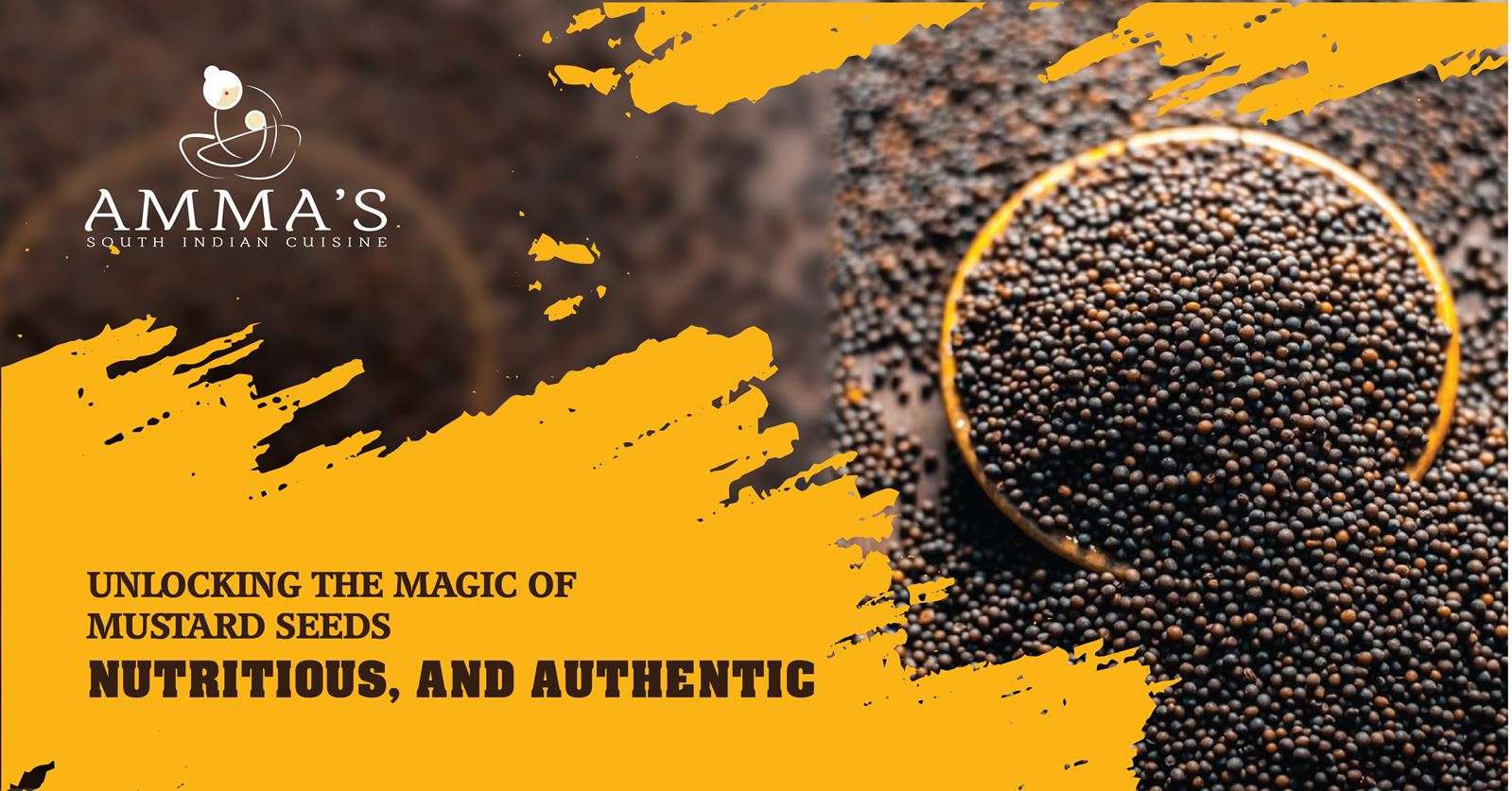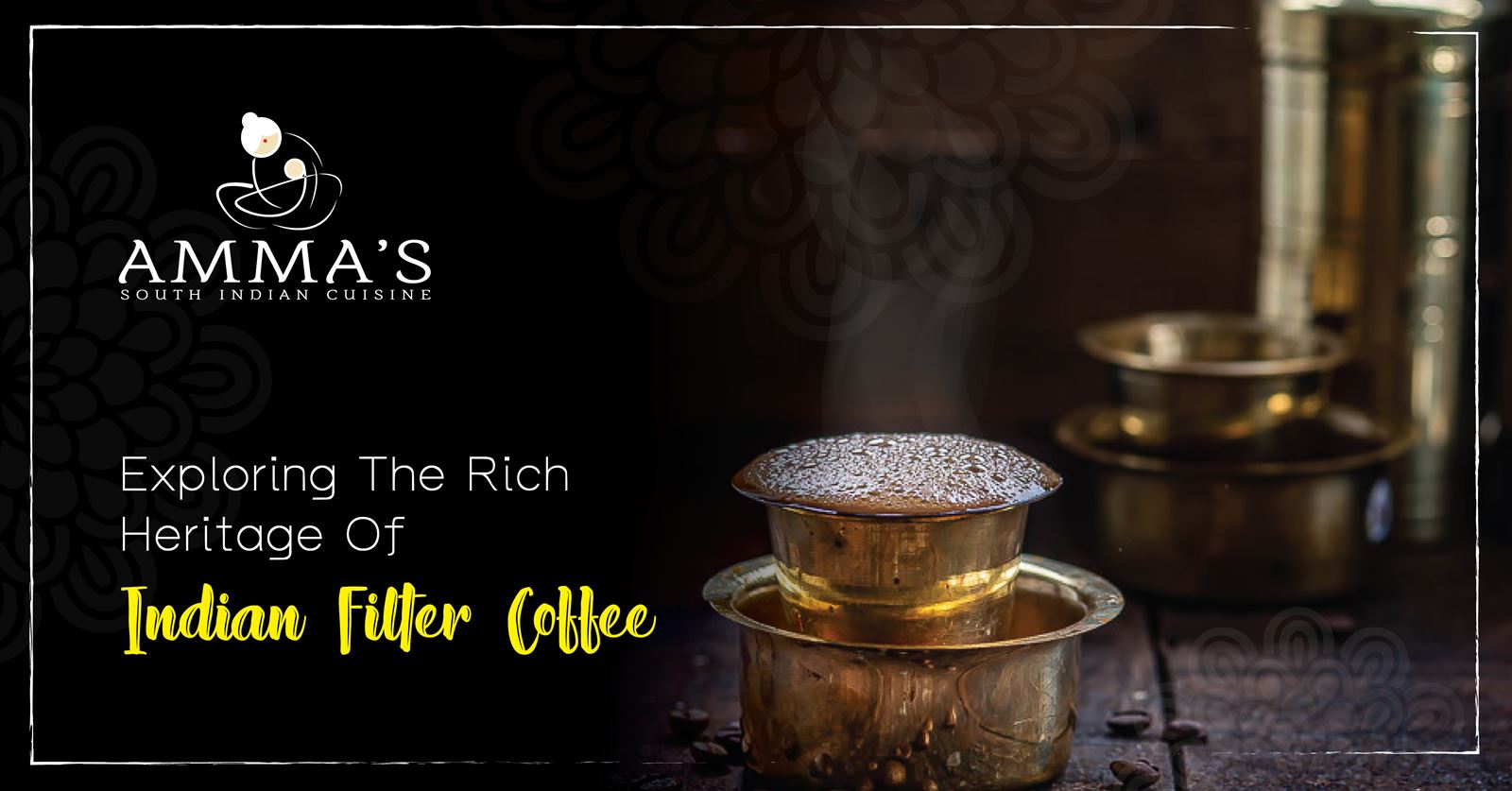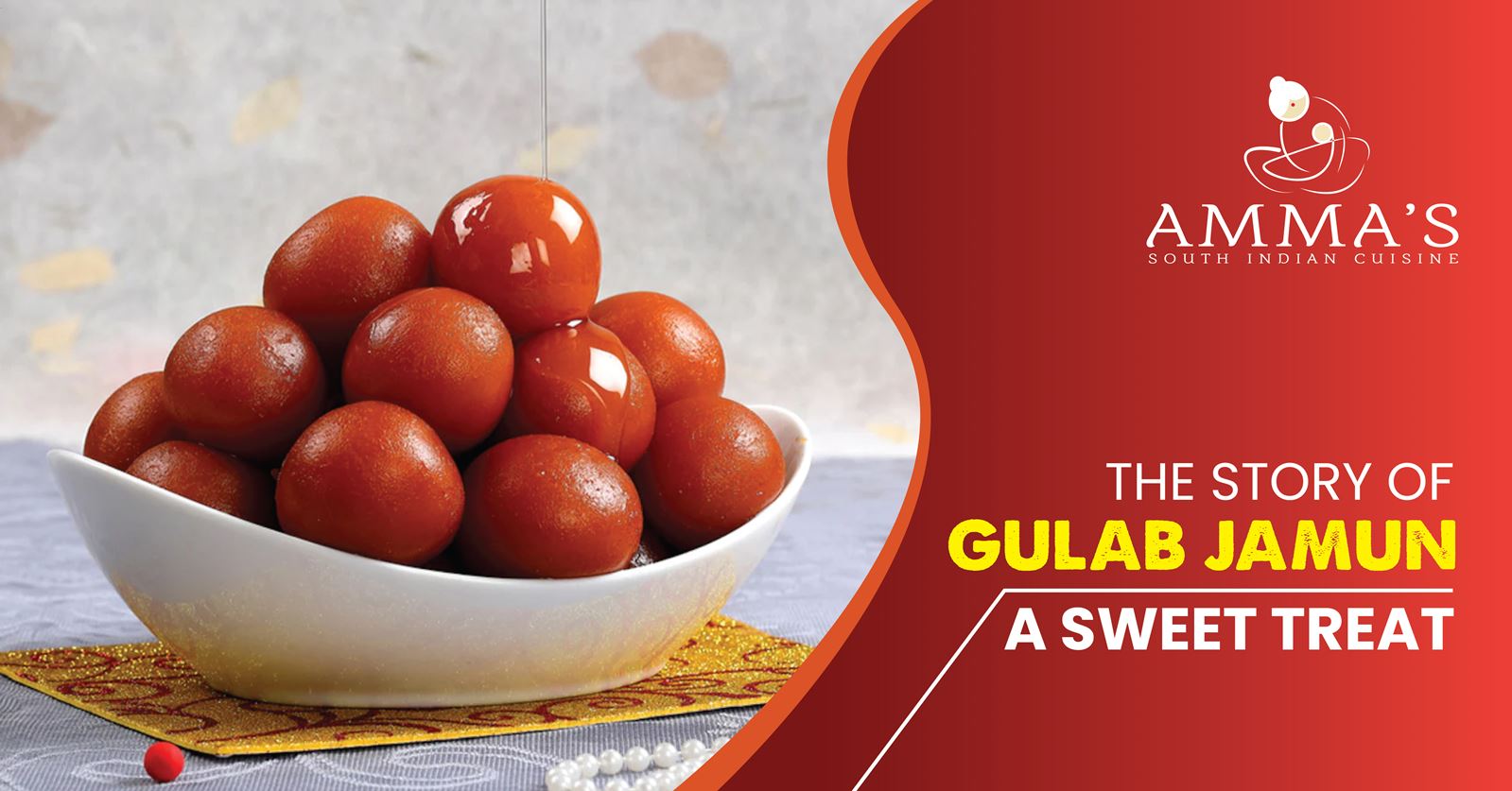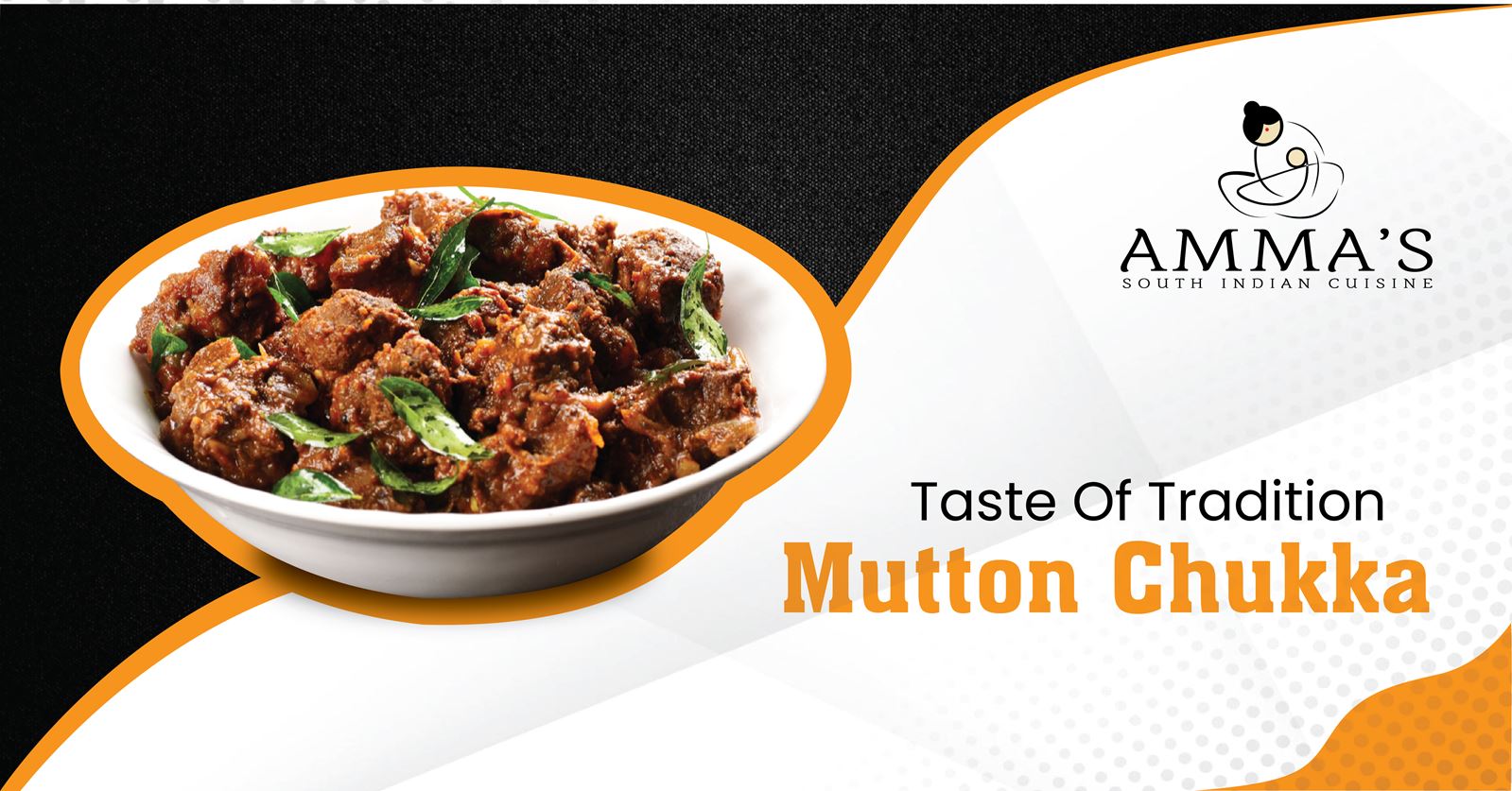
UNLOCKING THE MAGIC OF MUSTARD SEEDS: NUTRITIOUS, AND AUTHENTIC
In the realm of Indian spices, mustard seeds shine not only for their culinary contribution but also for their therapeutic properties. These seeds, with their unique flavor and aroma, are indispensable in Indian cuisine, making dishes come alive with their unmistakable zest. Known as “Rai” or “Sarson” in India, mustard seeds play a pivotal role in adding a spicy-nutty essence to various dishes. Their flavor is akin to that of mustard paste, lending a characteristic depth to Indian recipes.
Varieties and Tastes:
India boasts three prominent varieties of mustard seeds, each with its distinct taste profile.
Ø Black Mustard Seeds: Known for their robust and pungent flavor, black mustard seeds are a staple in Indian cuisine. Often used whole or fried before being incorporated into dishes, they add a bold punch of flavor. For mustard condiments, they can also be ground into a paste.
Ø Brown Mustard Seeds: Slightly milder than their black counterparts, brown mustard seeds possess a pronounced pungency and offer a medium level of heat.
Ø White Mustard Seeds: While white mustard seeds are milder than brown or black ones, they still pack a punch. Their heat is typically felt on the tongue rather than in the nostrils.
Culinary Versatility:
Mustard seeds play a crucial role in Indian cooking, often appearing during the tempering (tadka) process. Roasting or crushing them in oil intensifies their nutty flavor and distinct aroma. Here are some common culinary applications for mustard seeds:
– Mustard Seed Oil: A preferred cooking oil in Eastern India
– Tempering (Tadka): Commonly used in Southern Indian cuisine
– Mustard Sauce: A delightful addition to burgers and sandwiches
– Maharashtrian Cuisine: Known as “mohair” in Maharashtra, mustard seeds are a culinary staple
– Pickles and Condiments: Often added to enhance the flavor of pickles, beans, and vegetables
– Salad Dressing: Mustard seeds assist in emulsifying liquids, adding a spicy zing to salad dressings
– Sarso da Saag: In North India, mustard leaves are used to create the beloved Punjabi dish Sarso da Saag
Health Benefits
As part of the cruciferous family, mustard seeds are rich in antioxidants and glucosinolates, sulfur-containing compounds. These seeds also contain isothiocyanates and sinigrin, compounds that offer specific health benefits. Some key advantages include:
· Immune Boost: The minerals found in mustard seeds, including selenium, manganese, and magnesium, contribute to a robust immune system, helping your body fend off illnesses.
· Antioxidant Arsenal: Mustard seeds are rich in antioxidants like isorhamnetin, kaempferol, and carotenoids. These compounds protect your body from oxidative damage, infections, and chronic diseases. They also possess antibacterial, antifungal, anti-inflammatory, and anti-cancer properties.
· Skin Health: Mustard seeds can aid in psoriasis and contact dermatitis management, reducing inflammation and promoting healing.
· Diabetes Control: Mustard green extract has been found to help regulate blood sugar levels in individuals with diabetes.
Incorporating mustard seeds into your cooking not only elevates the flavor but also offers a wealth of nutritional and therapeutic benefits. So, embrace the magic of mustard seeds, and let them infuse your culinary creations with their distinctive charm.




